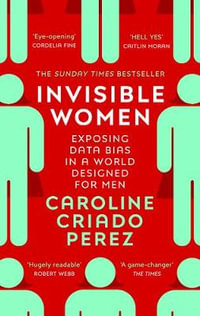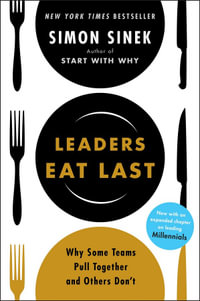In a powerful call to action, And Housing for All unveils the human stories and policy failures behind America's homelessness crisis, and argues that recognizing housing as a human right is the key to ending it As millions struggle to afford housing and tent cities proliferate across the country, Gallup ranks homelessness as one of Americans' top three concerns. How did we get here? Why, despite decades of work to end it--and important victories along the way--has homelessness continued to grow? And what will it take to solve it? As a pioneering lawyer in the fight to end homelessness, Maria Foscarinis answers those questions. After over 35 years as a leader on the national stage, she has come to believe that to succeed, we must recognize housing as a human right. The book opens a window on the reality of homelessness and its impact on people's lives, through the stories of people whom she has represented and met. It illuminates the policy choices--often deliberate--driving the crisis, and the public narratives that support them. And Housing for All reflects arguments that Maria has made in testimony before Congress as well as in interviews with major media outlets such as the New York Times, Washington Post, and CNN. But rather than focusing narrowly on policy issues, the book centers the stories of homeless families, children, and individuals, weaving in the impact of destructive public policies and narratives on their lives--and their increasing leadership in fighting for their own rights. Aimed at the growing numbers of Americans concerned about social justice as well as the seemingly intractable problem of homelessness, the book shows how it is possible to make a difference--and what more must change. Arguing for a fundamentally different approach that treats housing as a human right, the book will be of interest to policy makers, lawyers, social workers, and activists, and anyone concerned about the growing crisis. The right to housing is increasingly drawing support, from the Biden-Harris White House, which declared that "...housing should be a right, not a privilege;" to members of Congress; to state legislators in Connecticut, New York and California; to popular cultural figures such as HBO's John Oliver. And, once viewed as politically irrelevant, people who have experienced homelessness are organizing, graduating from elite institutions, being elected to Congress--and advocating for their own human rights. After decades of advocacy, the prospect of transformative change is on the horizon. This book is a call to action and inspiration to get us there.
























